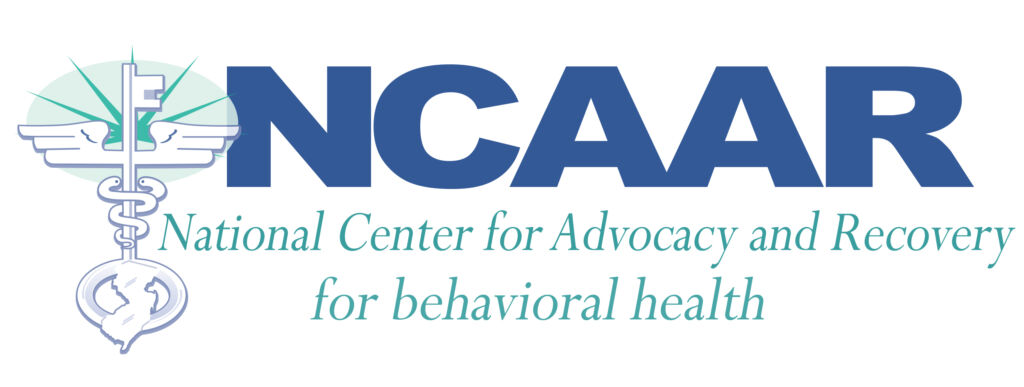The National Center for Advocacy and Recovery for Behavioral Health holds a singular place as a voice for the voiceless. Our history is rooted in the life and works of a true pioneer, Marty Mann, the first woman to find long-term recovery in AA and founder of the National Council on Alcoholism. The work we do now builds on the original mission to encompass behavioral health, upholding the principles that Ms. Mann established and her commitment to advocacy.
NCAAR advocacy takes different forms, performed at both the micro and macro levels, advocating for the individual as well as for policies that advance systemic change.
The Substance Abuse Initiative and Behavioral Heath Initiative (SAI/BHI) care coordinators perform the first type of support since 1998. Taking care to understand an individual client’s specific circumstances and matching them with services (health, employment, education, childcare, and housing) to sustain their recovery and allow them to take charge of their lives.
The Family Violence Option (FVO) has been advocating for Welfare clients who are in need since 2018. Risk assessors coordinate the needs of the client with the County Welfare Agency (CWA).
Through our advocacy program, created in 2008, we harness the voice of recovery to build understanding about addiction and behavioral health to secure and increase much-needed services and programs. Our advocacy leaders undergo training in delivering messages to legislators and lawmakers about the supports required to sustain recovery.
Our environmental-level advocacy has earned the respect of policy-makers, who through the years have turned to us in equal measure for our expertise and compassion. Issues in the state that bear the stamp of our advocacy include: Medication Assisted Treatment, recovery supports, criminal justice reform, and insurance parity for behavioral health.
In sum, NCAAR has dedicated itself to continuously progressing the landscape of behavioral health so it is far more recovery oriented.
Connect With Us
Sign up for our mailing list to receive information about key legislation, letter-writing campaigns, and legislative hearings.
Thank you for subscribing.
